Mental health
Good mental health enables us to realise our full potential. It allows us to cope with daily stresses, work productively and create meaningful connections. It plays a key role in physical health, emotions and relationships.
We believe there are seven pillars that affect mental health: mind, emotions, body, environment, sense of purpose, energy and community.
Poor mental health makes it difficult to cope and can affect your personality, thought processes and social interactions.
Anxiety, depression, stress and phobias are all common mental health conditions. These conditions may affect your relationship with food, lead to self-harm or suicidal feelings.
We can work with you to identify which pillars need greater attention to rebalance your mental wellbeing.
What causes poor mental health?
Mental health can be affected by difficult life experiences, trauma and loss. Current events can re-trigger early trauma.
Life events like divorce; conception, pregnancy, post-partum; a change in work; job loss; moving house; illness or bereavement.
Difficulty in relationships; family history of mental health; long term stress; poverty, homelessness and debt; diet; exercise and your sense of purpose can all impact mental health.
You might use substances like alcohol, drugs or medication to try and cope, but in the long run, these can do more harm than good.
Look out for big changes: in mood, sleeping too much or too little, and habits - eating, alcohol or drug use and sex drive.
Look out for big feelings that don’t show signs of changing. Ongoing sadness and crying. Excessive fear, worry or guilt. Anger.
Or, a seeming lack of feeling – numbness, or lack of motivation.
Disconnection from loved ones and withdrawing from social situations.
Paranoia or hallucinations.
An inability to cope with daily stress, experiences of self-harm or suicidal thoughts.
Our mood and mental state can vary on a daily, sometimes hourly basis. But when your mental health is affecting your ability to function, it’s important to seek help. You may feel alone, but there is support out there.
Here are some hotlines and online resources if you’re concerned a friend or a loved one is at immediate risk:
- 24-hour Samaritans multi-lingual Suicide Prevention hotline: +852 2896 0000
- 24-hour hotline at Suicide Prevention Services (predominantly Cantonese-speakers): +852 2382 0000
Local services are stretched at the moment. But don’t give up. We recommend talking to:
- Mind HK: Click here to view a thorough list of helplines in Hong Kong to address your specific needs.
Suicide stop international help centre: These are safe, moderated online spaces where you can speak your mind, either one to one with a professional or in forums with others feeling similarly.
Our psychotherapists, psychologists and counsellors offer a safe space where you can be heard, heal and grow.
Skilful therapy can even change your adult brain and the way that it’s wired. Past trauma can be healed, old patterns can shift, and new possibilities can emerge.
Our therapists can work hand-in-hand with you to identify the pillars that are crumbling and create a personalised plan to support and strengthen your mental wellbeing.
Gut health, nutrient imbalances and hormonal issues have a direct link to mental health. Our naturopaths can identify hidden culprits through simple diagnostic testing.
Tailored to your needs, they may prescribe customised herbs, supplements, lifestyle and dietary changes. They may also suggest restorative therapies like osteopathy, acupuncture, craniosacral therapy to rebalance energy levels and bolster your mental health.
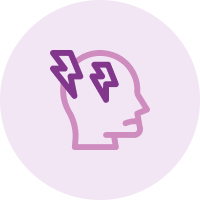
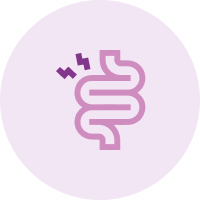
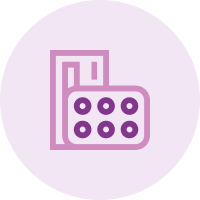

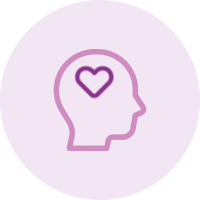



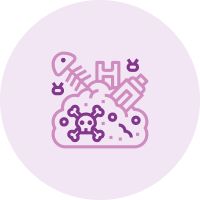









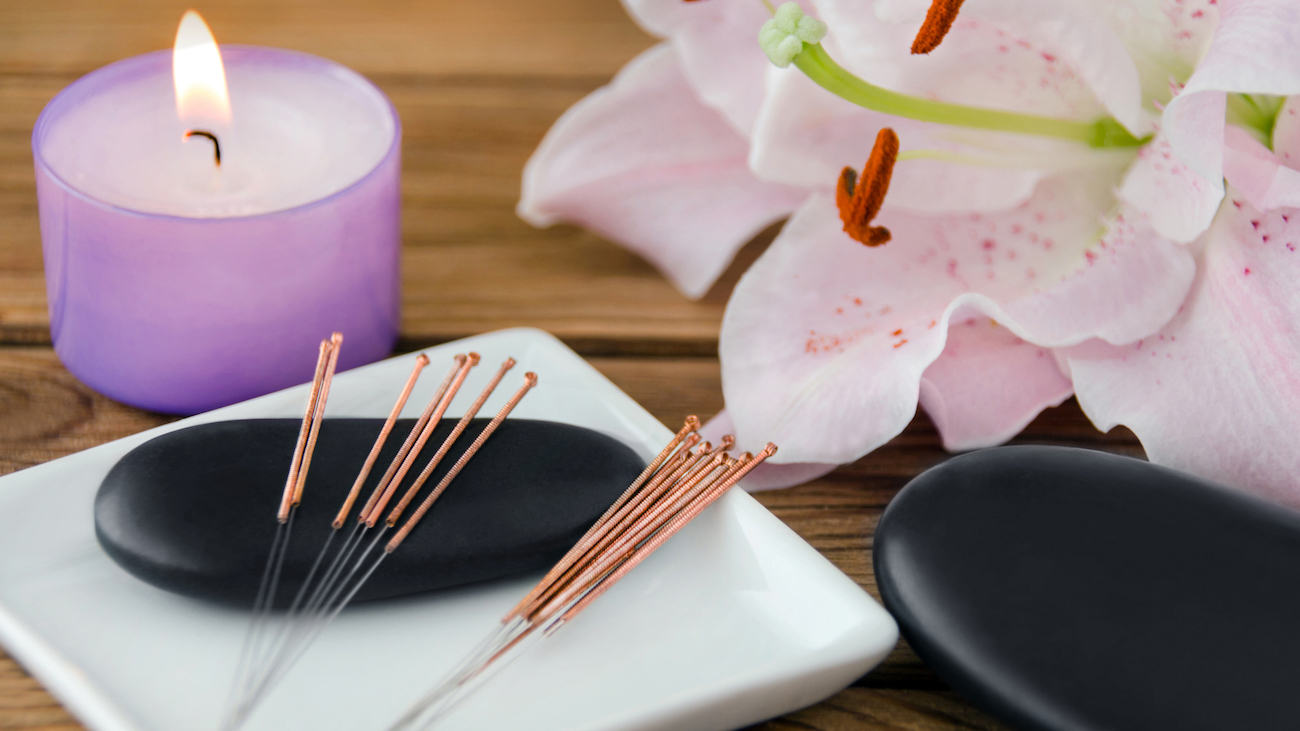




















































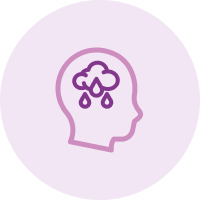
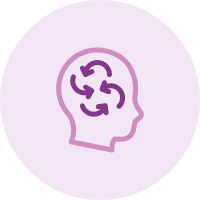
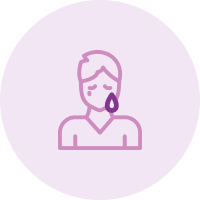
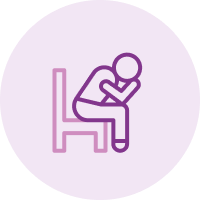
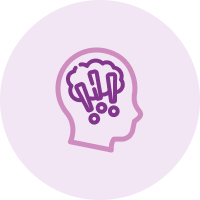
'%3e%3cg%20id='Group_40'%20data-name='Group%2040'%20clip-path='url(%23clip-path)'%3e%3cpath%20id='Path_45'%20data-name='Path%2045'%20d='M23.55,44H20.457c-.123-.028-.245-.066-.37-.083-.736-.1-1.481-.155-2.208-.3a21.577,21.577,0,0,1-13.2-8.085,21.482,21.482,0,0,1-4.459-16.6A20.745,20.745,0,0,1,5.335,7.652,21.54,21.54,0,0,1,25.058.2,20.789,20.789,0,0,1,36.271,5.248a21.634,21.634,0,0,1,7.392,12.913c.136.757.226,1.523.337,2.284v3.1c-.094.692-.167,1.387-.287,2.074A21.768,21.768,0,0,1,36.981,38.1a21.477,21.477,0,0,1-11.108,5.555c-.77.136-1.548.229-2.323.341M9.457,21.975c0,1.776-.039,3.553.011,5.327a7.607,7.607,0,0,0,1.453,4.542,7.129,7.129,0,0,0,5.74,2.691c1.931.078,3.865.113,5.8.084a54.556,54.556,0,0,0,6.3-.278,6.248,6.248,0,0,0,5.388-4.6,11.62,11.62,0,0,0,.441-3.692c-.018-3.407-.033-6.816-.133-10.221A6.349,6.349,0,0,0,33.06,12.1a7.045,7.045,0,0,0-5.8-2.651c-3.506-.057-7.014-.04-10.521,0a7.593,7.593,0,0,0-4.267,1.231,7.01,7.01,0,0,0-3,5.967c-.064,1.773-.013,3.551-.013,5.327'%20fill='%23fff'/%3e%3cpath%20id='Path_46'%20data-name='Path%2046'%20d='M21.981,11.566c1.971.066,3.932.089,5.887.21a4.372,4.372,0,0,1,4.338,4.356c.123,3.145.12,6.3.12,9.446a14.831,14.831,0,0,1-.267,3.11A4.215,4.215,0,0,1,27.911,32.2c-3.187.111-6.379.117-9.569.119a14.288,14.288,0,0,1-3.024-.261A4.206,4.206,0,0,1,11.8,27.916c-.112-3.175-.121-6.354-.121-9.532a14.84,14.84,0,0,1,.272-3.11,4.249,4.249,0,0,1,4.12-3.495c1.969-.119,3.945-.146,5.909-.213m6.487,10.447a6.466,6.466,0,1,0-6.475,6.448,6.429,6.429,0,0,0,6.475-6.448m.287-5.26a1.508,1.508,0,1,0-1.515-1.486,1.515,1.515,0,0,0,1.515,1.486'%20fill='%23fff'/%3e%3cpath%20id='Path_47'%20data-name='Path%2047'%20d='M21.983,26.2a4.211,4.211,0,1,1,4.229-4.169A4.193,4.193,0,0,1,21.983,26.2'%20fill='%23fff'/%3e%3c/g%3e%3c/g%3e%3crect%20id='Rectangle_1422'%20data-name='Rectangle%201422'%20width='46'%20height='46'%20fill='none'/%3e%3c/svg%3e)